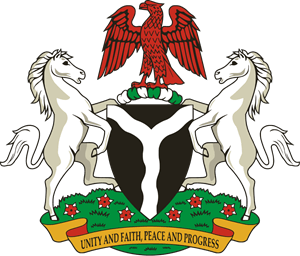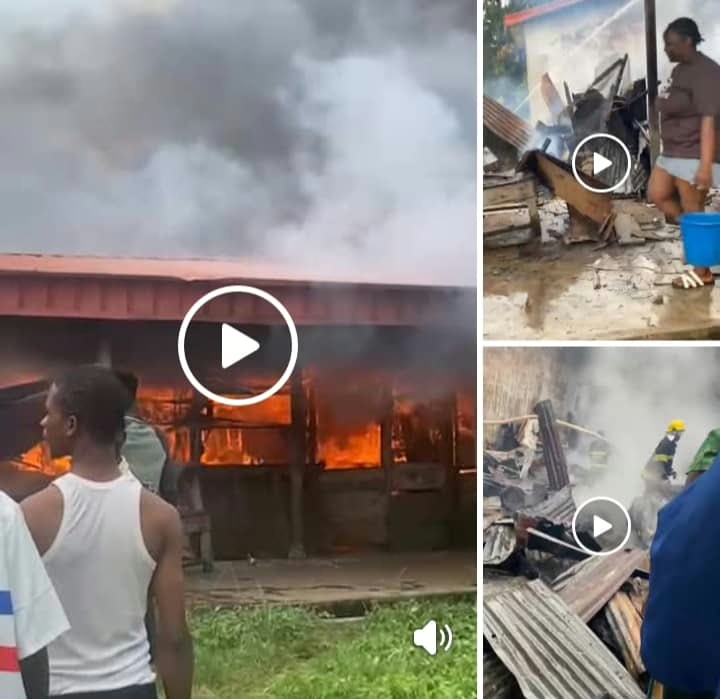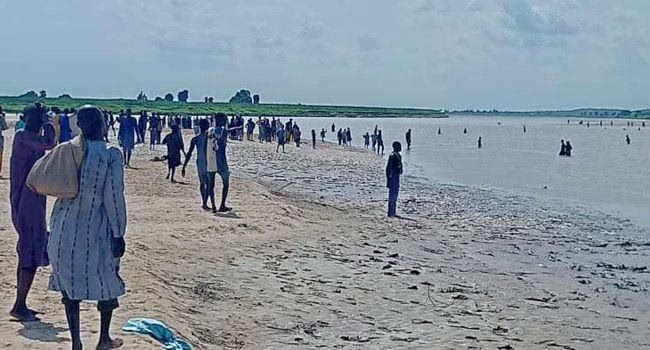By Charles Maduka
The Federal Government has confirmed that 2.3 million households have been verified and approved for payment under the ongoing conditional cash transfer programme, aimed at easing the effects of recent economic reforms.
This development was announced by the Director General of the National Identity Management Commission, Abisoye Coker-Odusote, during a press briefing in Abuja. The revalidation exercise is being conducted as part of the National Social Safety Nets project, which ensures that only eligible Nigerians benefit from the initiative.
Coker-Odusote said the revalidation was necessary to maintain the integrity of the programme, which has faced criticism for its slow rollout since its launch in 2023 following the removal of petrol subsidy and the unification of the foreign exchange market.
“We have been able to revalidate 2.3 million persons as of Tuesday, and we will soon commence payments. This is being done in collaboration with other agencies to make sure the money reaches the right people,” she said.
She emphasized that biometric identity verification is a crucial step in preventing fraud and ensuring accountability. “We don’t want to pay people who no longer exist. The right thing must be done, and identity verification is the key to that,” she added.
The programme had received an \$800 million loan from the World Bank, of which \$530 million had been disbursed as of April 30, 2025. However, the World Bank, in its latest Nigeria Development Update, expressed concern that only 37 percent—about 5.6 million—of the targeted 15 million households had received any payments.
The bank noted that progress would depend on the biometric verification of at least one adult per household.
Tope Fasua, Special Adviser to President Bola Tinubu on Economic Affairs, explained in an interview that while the process has been slow, it is necessary to ensure transparency.
“The slow progress is because biometric confirmation is essential. The finance ministry has the records and data, but we must avoid disbursing carelessly. It is better to be thorough than make costly mistakes,” he said.
Fasua called for public patience, stressing that protecting the integrity of the disbursement process is more important than rushing it.











Leave a Reply